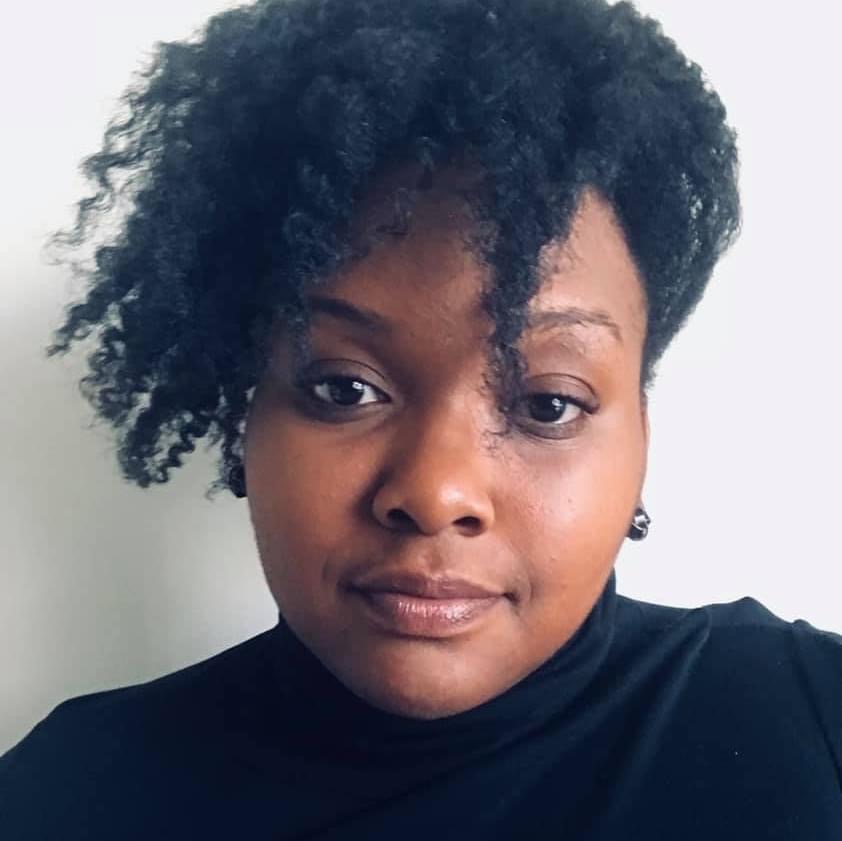Press Release
Maryland House Fails Voters on Special Elections
Last week, the Maryland House of Delegates failed to pass a bill that would have given voters a say in filling vacancies in the legislature, instead choosing to maintain a process in which political insiders have more power than voters. A bill passed the State Senate with broad bipartisan support that would have created a process for special elections if vacancies occurred early in a new term.
“We’re extremely disappointed that the House let voters down yet again,” said Joanne Antoine, executive director of Common Cause Maryland. “This is an insult to the 85% of Marylanders who expressed that they would prefer we hold special elections to fill vacancies. We are dissatisfied and frustrated with the lack of progress in the General Assembly this session. Their inaction means the average voter will continue to have no say in the process for at least the next four years.”
“The majority of the country has some sort of special elections process for replacing legislative vacancies, and it’s way past time for Maryland to join them,” said Maryland PIRG Director Emily Scarr. “Being able to vote for our representatives is fundamental to our democracy. Maryland is a national leader on democracy and ballot access. It’s time to democratize the process to fill vacancies and support policies that are proven effective in building a representative democracy.”
Twenty-three percent of the legislators currently serving in the Maryland General Assembly were not originally elected to their seats. Montgomery County’s District 16 is a particularly egregious example of the failure of the current system. The recent resignation of a Montgomery County Senator will trigger a Central Committee appointment to fill her seat – expected to be a delegate from the same district – and a second appointment to fill the delegate’s seat, resulting in three of the four members of the delegation having been appointed, rather than elected by the voters of the district. The last election for an open seat in the district was in 2014.
In polling released by Maryland PIRG and Common Cause Maryland in fall of 2023, 85% of Marylanders favored having a special election to fill legislative vacancies; only 13% favored continuing the practice of having local political party leaders fill vacancies.
“The current process for filling a vacancy in Maryland’s state legislature prevents voters from exercising their right to vote,” said Liza Smith, advocate and elected member of Montgomery County Democratic Central Committee (D14). “Unlike other states, Maryland does not have provisions for special elections, which would allow voters to select replacements for vacancies. I urge Governor Wes Moore and all elected officials to prioritize democracy and value the voices of the people of Maryland by implementing provisions for special elections.”
Under Maryland’s current system, vacancies in the General Assembly are filled by candidates forwarded by elected party central committees to the governor for approval. In recent history, most of these candidates were affirmed by the sitting governor. Many appointees are subsequently elected to full terms, benefiting from the increased name recognition and work of their incumbency.
Common Cause Maryland and Maryland PIRG have supported various proposals in recent years including full special elections and a compromise bill to require special elections for legislative vacancies that occur within the first two years of the four-year legislative term. The compromise version of the bill has passed the State Senate three times with unanimous support.

